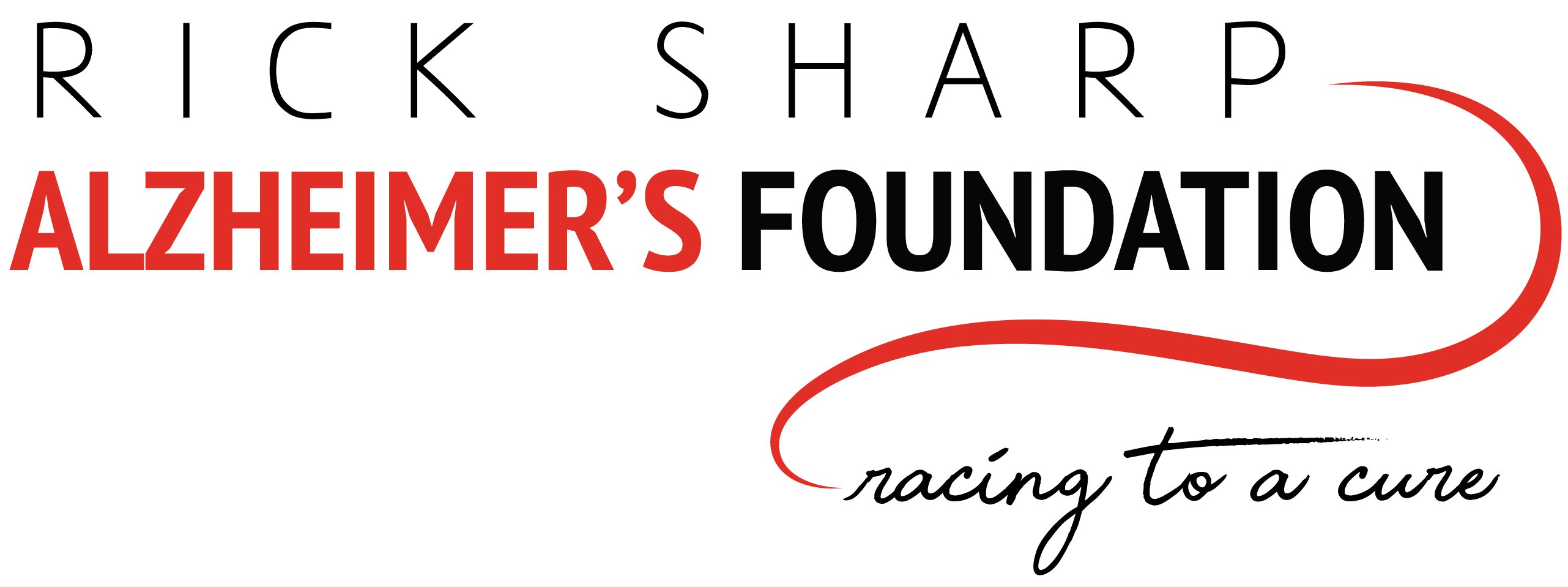New Drug for Alzheimer’s Disease – ADUHELM

Thanks to an effort that started in academic research labs and culminated in two phase 3 clinical trials enrolling thousands of patients, the first drug expected by the FDA to slow the progression of Alzheimer’s disease has been approved. For the first time, a drug designed to attack this disease, not simply alleviate symptoms, will be available to patients and their clinicians.
Biogen’s aducanumab, to be marketed as Aduhelm, is an anti-amyloid antibody that reduces beta amyloid levels by tagging aggregated forms of beta amyloid to be digested by the brain’s immune system. In two Phase 3 clinical trials, aducanumab was highly effective at removing amyloid from the brain; in one Phase 3 clinical trial, participants receiving the highest dose saw 22% slower decline in cognition than did the control group. Because only one of the two Phase 3 clinical trials of aducanumab yielded a positive outcome, the FDA is requiring Biogen to run a Phase 4 clinical study of patients who take Aduhelm to confirm its clinical benefits. Biogen has indicated that it intends to complete the required study by 2030. The Phase 4 confirmation trial will yield important new data on the longer-term cognitive outcomes of patients taking the Aduhelm; the FDA can take steps to remove Aduhelm from the market should the Phase 4 data not demonstrate the expected clinical benefits.
The FDA drug label for Aduhelm specifies only that it is indicated for the treatment of Alzheimer’s disease. As an anti-amyloid therapeutic, Aduhelm addresses pathology that increases early in Alzheimer’s disease. An estimated six million people in the United States are living with Alzheimer’s disease but many of them have progressed further in the disease than the mild cognitive impairment and mild dementia patient populations in which Aduhelm was assessed. Aduhelm will be administered to patients via intravenous infusion monthly in specialized facilities. To allow monitoring for side effects, the drug label requires patients undergo one MRI (magnetic resonance imaging scans) prior to starting treatment and two more while the dosage is gradually increased to the effective level. Biogen has indicated that the yearly price at the maintenance dose will be $56,000 for at least the next four years; the end cost to patients will depend on their insurance coverage. Private insurance companies and the Centers for Medicare and Medicaid Services have yet to make any announcements regarding Aduhelm coverage.
All scientific decision making at CureAlz is done by leaders in Alzheimer’s and adjacent scientific fields. Our affiliated scientists had divided opinions regarding whether the data from aducanumab’s Phase 1 safety trial and two Phase 3 trials justified approval. Further, the FDA was privy to data from Biogen from its open label extension and other ongoing further trials of aducanumab that have not yet been published. Thus, Cure Alzheimer’s Fund did not lobby the FDA regarding the aducanumab application; our role is to advocate for AD patients and families by relentlessly pushing to expand our knowledge and understanding of this disease and how its biology translates into the loss of cognition and self so terribly familiar to our community. CureAlz in turn respects the FDA’s role as an independent regulator whose decisions must be driven by objective review of the data and rigorous scientific standards.
The FDA and its team, including its panel of external experts, had a tremendously complex task in assessing aducanumab and its clinical trial data. As a disease in which a hallmark pathology, amyloid, reaches very high levels before clinical symptoms emerge, Alzheimer’s disease challenges the traditional structure of clinical trials. Patients and their caregivers will not celebrate a therapy that reduces amyloid or other AD-linked pathologies if doing so does not lead to meaningful clinical benefit, but in its Aduhelm announcement the FDA explicitly endorsed reduction of beta amyloid plaque burden as a likely predictor of patient benefit. Having an accepted biological surrogate endpoint will allow true prevention trials, tests of therapeutics that could allow people to avoid cognitive decline rather than only treat it. The combination of demonstrated biological target engagement and positive cognitive signals seen in this and recent clinical trials for other potential therapies gives rise to real optimism.
We are grateful to the participants in the aducanumab clinical trials and to Biogen, just as we are to all trial participants and sponsors, for their investment in finding treatments for this disease. Aduhelm is the first approved disease-modifying drug, but every part of the Alzheimer’s community – researchers, companies, governments, and most importantly patients – must continue to invest the resources necessary to develop more and better therapeutic options. However, the critical and unanswered questions posed by the FDA’s external expert panel demonstrate how very necessary continued research into the fundamental biology of Alzheimer’s is, and how high a priority it must be. The link between amyloid pathology and tau pathology, how both trigger neuroinflammation and neurodegeneration, and at what points these connections could be severed to protect, preserve or even restore memory and function are vital to those across the entire patient spectrum of Alzheimer’s disease. We are encouraged by the increasing diversity of targets identified through translational research — millions of patients and families deserve to have the multitude of approaches and therapeutics addressing different stages and aspects of Alzheimer’s disease it will yield.
